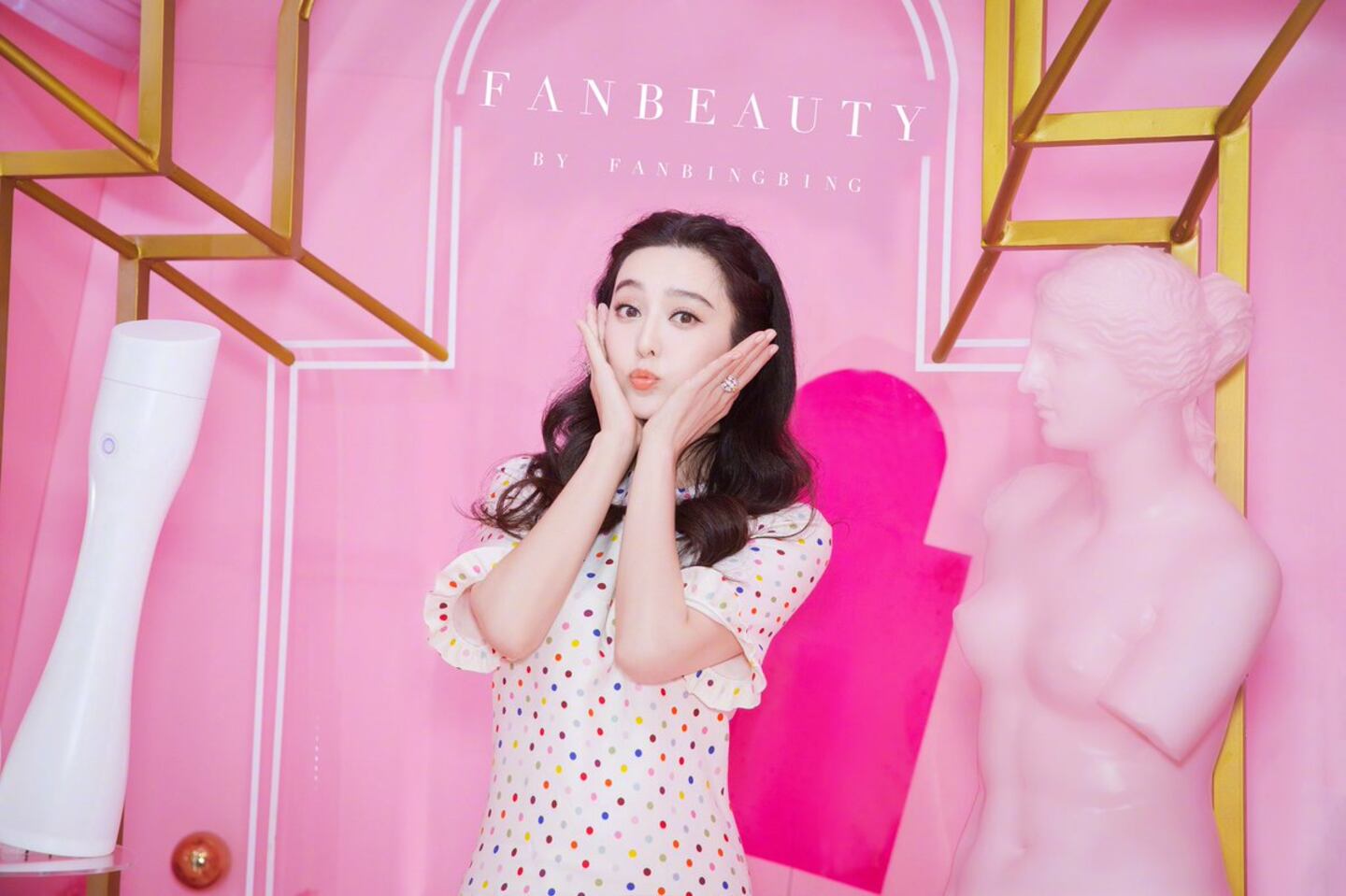
The Business of Fashion
Agenda-setting intelligence, analysis and advice for the global fashion community.

Agenda-setting intelligence, analysis and advice for the global fashion community.

Chinese superstar, Fan Bingbing, this week took to Weibo to announce the reboot of her beauty brand, Fan Beauty Secret.
The brand was founded in 2018, the same year the movie star was forced into a lower profile following a tax evasion scandal. The brand started with a 2,399 yuan ($370) much-hyped radio frequency cosmetology tool and then expanded to more accessible skincare products, such as sheet masks and serums.
The brand hasn’t disclosed its sales revenue, but according to domestic news reports, in a single livestream session in 2019, Fan Beauty Secret sold 180,000 items in 20 minutes, with a gross merchandise value (GMV) of 14 million yuan ($2.16 million).
Although Fan’s public exposure remains more limited than it was pre-scandal, her influence in China when it comes to beauty products remains strong. She currently has 64.17 million followers on Weibo and 12.37 million followers on Xiaohongshu, where audiences particularly respond to her beauty tips.
ADVERTISEMENT
Fan Beauty Secret has re-registered its accounts on Weibo, WeChat and Xiaohongshu, as well as changing the names of its e-commerce flagship stores on Tmall and Douyin, both of which are due to officially relaunch at the end of this month.
Though Fan is a famed beauty and her brand is well-known and respected, the arena it enters in today’s China is a far more competitive place than it was a few years ago, and grabbing market share from an ever-growing number of fast-rising C-beauty brands is unlikely to be easy.
Further Reading: Influencer Beauty Brands Are Trending in China
China’s influencers are the latest cohort to challenge long-dominant international players for a share of the world’s second-largest beauty market.
With consumers tightening their belts in China, the battle between global fast fashion brands and local high street giants has intensified.
Investors are bracing for a steep slowdown in luxury sales when luxury companies report their first quarter results, reflecting lacklustre Chinese demand.
The French beauty giant’s two latest deals are part of a wider M&A push by global players to capture a larger slice of the China market, targeting buzzy high-end brands that offer products with distinctive Chinese elements.
Post-Covid spend by US tourists in Europe has surged past 2019 levels. Chinese travellers, by contrast, have largely favoured domestic and regional destinations like Hong Kong, Singapore and Japan.